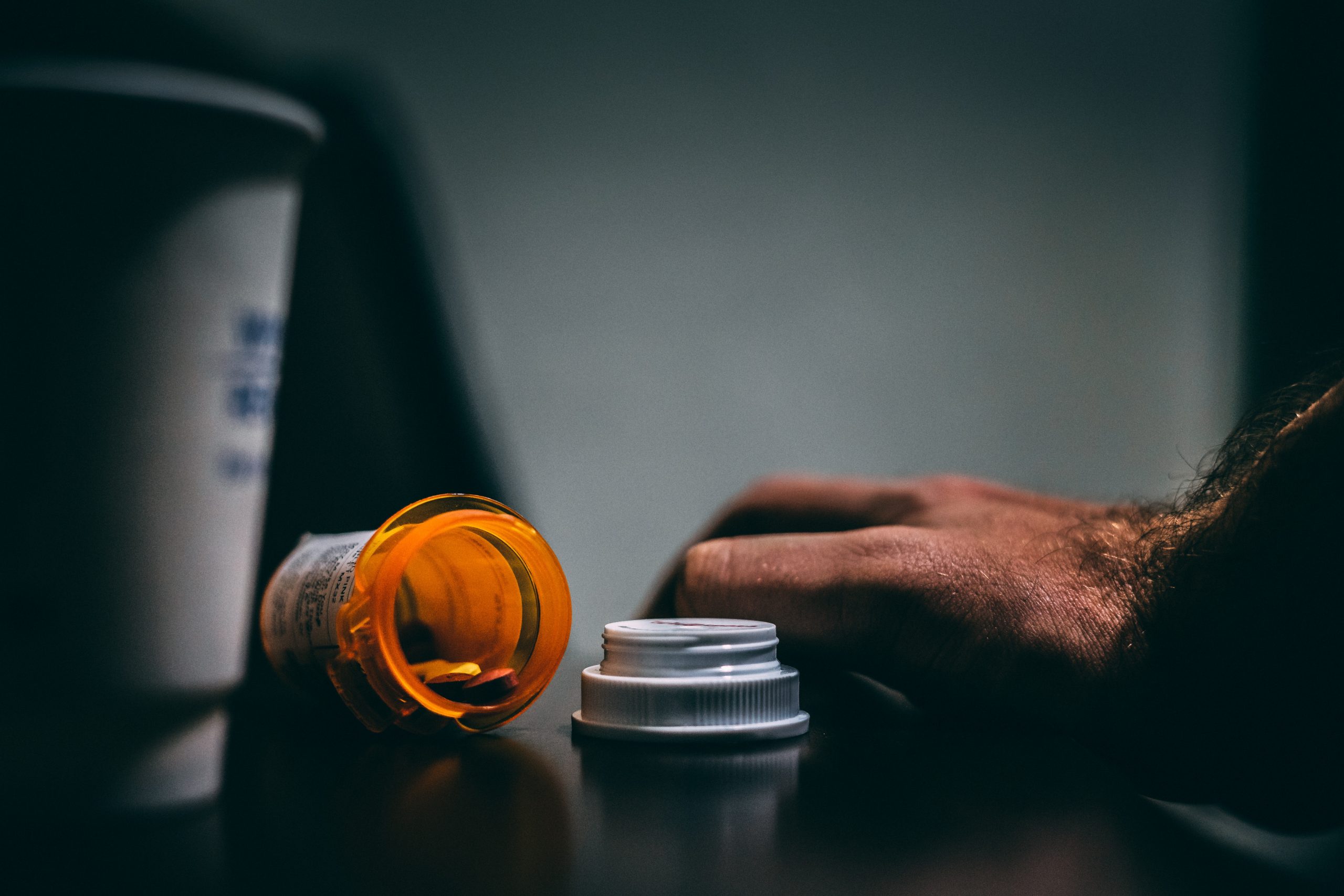The following article is an OpEd from Stephen Hill, Founder of Speak Sobriety.
Opioid Addiction and COVID19
The opioid epidemic has had a devastating effect on America, and now overdose deaths are surging within the current COVID-19 pandemic. People across the nation from all different walks of life are overdosing and dying every day, mostly from heroin laced with fentanyl.

5 Ways to Minimize Risk of Opioid Addiction
1) If you or a loved one undergoes a medical procedure and you are prescribed
opioid painkillers, ask the doctor if you can first try over-the-counter medications
such as Motrin or Extra Strength Tylenol before taking opioid painkillers.
2) If a doctor prescribes you or a loved one opioid painkillers, ask for the least
amount possible.The doctor can always prescribe more if need be.
3) Do not allow the person who is prescribed the opioid painkillers to be the one
who is holding the pill bottle. Have an adult—who does not have a history of
substance misuse—hold the pill bottle and check to make sure the pills are being
taken as prescribed.
4) If the pain has subsided enough to the point where you no longer need opioid
painkillers, immediately bring the pill bottle to your local police station or
pharmacy to be disposed of in a prescription dropbox.
(Click here for dropbox locations in the county)
5) After the pills have been disposed of, ask the person how the opioid painkillers
made them feel. If they liked the feeling, be sure to take extra precautions in the
future.
The truth is that the overwhelming majority of heroin addicts started out with prescription opioid painkillers, but moved on to the harder stuff once their habit became too expensive.

On the street, opioid painkillers can go for as much as $1 per milligram
The following is a message from stephen hill regarding his addiction process
At the height of my addiction, I had a 900 milligram per day Oxycodone habit. Simple math, my drug habit was $900 per day. This is why most opioid abusers make the switch from opioid painkillers (Vicodin, Percocet, OxyContin, etc.) to heroin, which is significantly cheaper and readily available, but also more dangerous.
Where did it all begin?
How did this happen to me? Nicotine, marijuana, and alcohol are the classic trifecta gateway drugs, and without a doubt my early exposure to these substances at the age of 13 made my brain more vulnerable to developing an addiction.
However, my opioid addiction started my senior year of high school when a friend of mine’s younger sister got her wisdom teeth pulled and was prescribed 30 Hydrocodone. 30! She was barely five feet tall and 100 pounds at most. She only took 2 out of the 30 painkillers prescribed, and my friends and I got our hands on the rest. That was the start, and before long, I was a full blown opioid addict.
I fully understand how lucky I am that I was able to overcome my addiction
after suffering for over 7 years addicted to opioids. I have lost many friends, both
from heroin and opioid painkiller overdoses, and the majority of them had their first
exposure to opioids after getting their wisdom teeth pulled or breaking an arm or
leg while playing sports.
You can never know if it is going to happen, or who it is
going to happen to, but there are some steps you can take in terms of prevention.
Stephen Hill stephen.hill@speaksobriety.com 845-323-1888 speaksobriety.com













